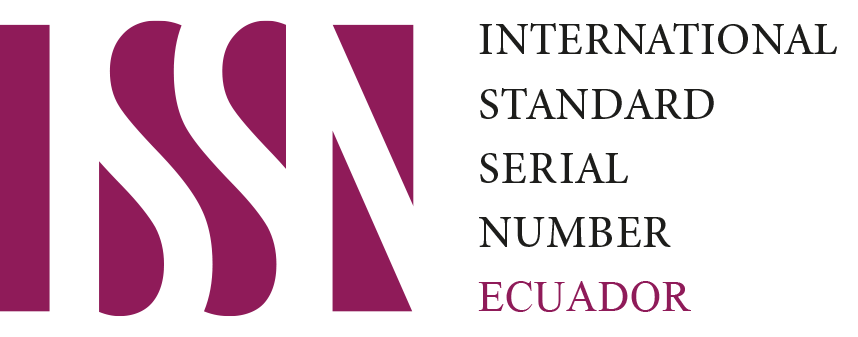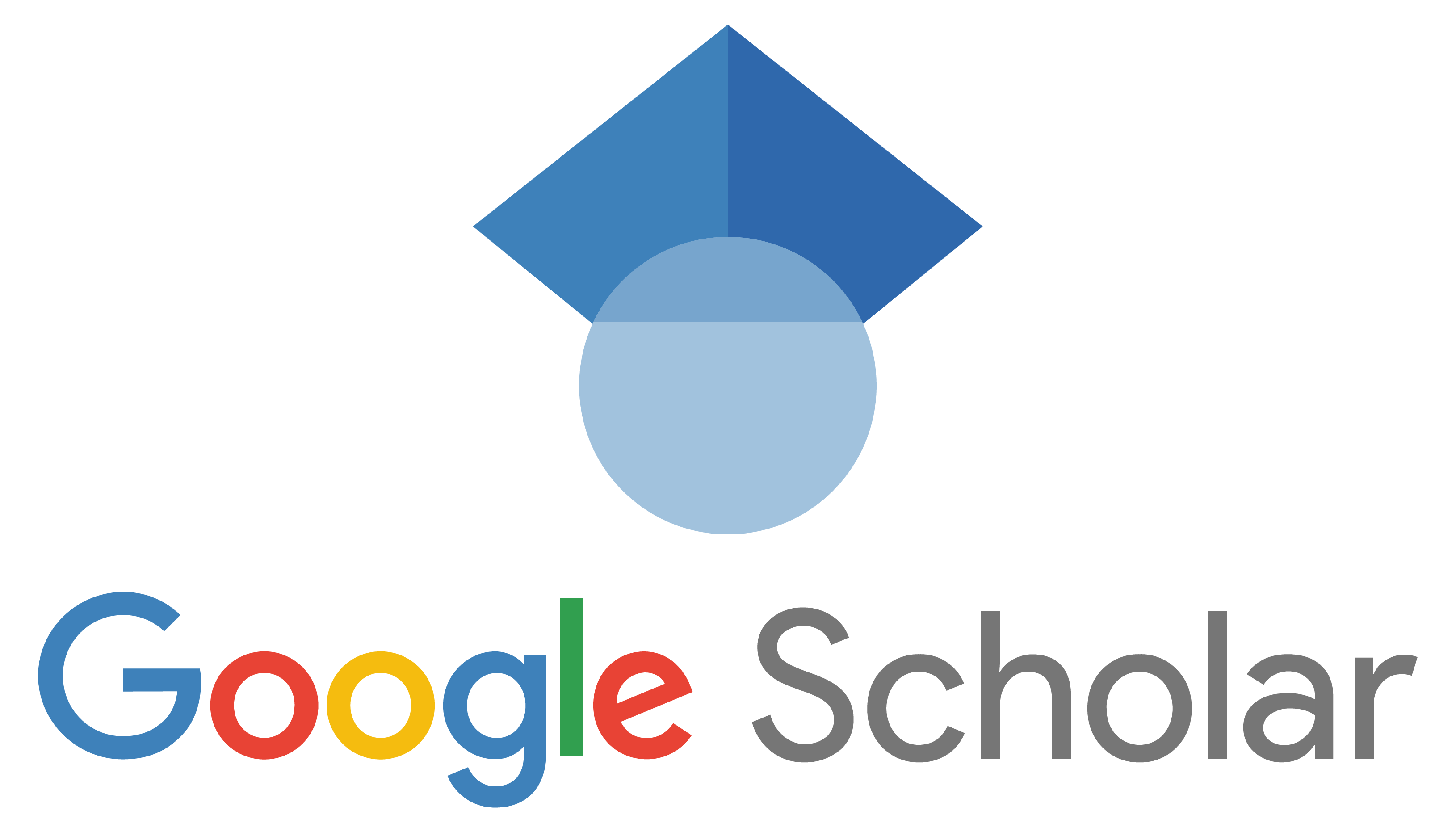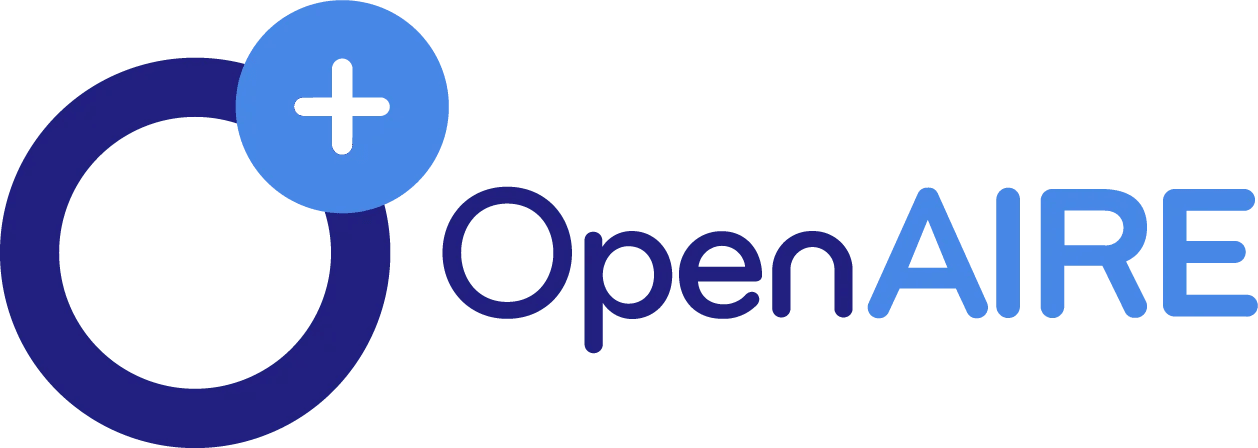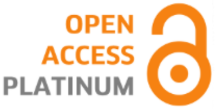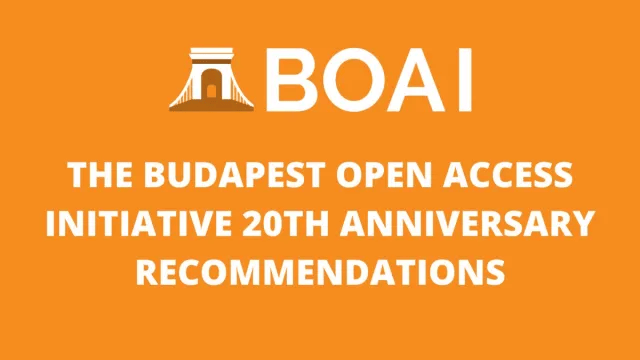Leadership and its relationship with the work environment at the Ceibo Dorado Hotel in Portoviejo cantón, Manabí, Ecuador
DOI:
https://doi.org/10.5281/zenodo.14205356Keywords:
leadership, work environment, interpersonal communication, organizational developmentAbstract
The study examines the impact of leadership on the work environment at Hotel Ceibo Dorado in Portoviejo, Manabí, Ecuador, using a descriptive, explanatory, non-experimental, and cross-sectional approach. Data were collected through interviews with the manager, questionnaires completed by the 17 employees, and a direct observation form. The questionnaires covered topics on leadership and work environment, while the observation focused on key organizational dynamics. Biographical, inductive-deductive, and analytical methods facilitated a quantitative and qualitative analysis processed in Excel 2013. The results indicated that leadership at the hotel needs improvement, particularly in role-modeling leadership, emphasizing the need for clear guidelines and practical examples. Deficiencies in interpersonal communication were also identified, with recommendations to implement strategies to strengthen trust and feedback. Additionally, a weak perception of organizational identity and institutional values was noted. Training programs are suggested to align employees with the hotel’s mission and vision. The study concludes that leadership is essential for enhancing the work environment by fostering strong interpersonal relationships, a sense of belonging, and increased productivity—key factors for sustainable development in the hospitality sector.
Downloads
References
Amalou, S. I., & Brahimi, B. (2023). Mapping the research landscape of organizational climate and performance using bibliometric analysis [Применение библиометрического анализа для оценки взаимосвязи социально-психологического климата и производительности труда]. Modelling and Data Analysis, 13(3), 7-27. https://doi.org/10.17759/mda.2023130301
Arana, A. (2020). El líder capacitador. https://vidaefectiva.com/coaching-y-liderazgo/el-lider-capacitador/
Barroso, F. G., & Salazar, J. R. (2010). Liderazgo y clima organizacional en maquiladoras textiles de exportación. Estudio de caso. The Anáhuac Journal, 10(2), 67-96. https://biblat.unam.mx/es/revista/the-anahuac-journal/articulo/liderazgo-y-clima-organizacional-en-maquiladoras-textiles-de-exportacion-estudio-de-caso
Bhardwaj, B., & Kalia, N. (2021). Contextual and task performance: Role of employee engagement and organizational culture in hospitality industry. International Journal of Contemporary Hospitality Management, 18(2), 187-201 https://doi.org/10.1108/XJM-08-2020-0089
Espinosa, E. (2020). The Influence of Leadership on the Organizational Climate, Analysis of the Ecuadorian SME [Doctoral thesis, Universitat de Barcelona]. https://diposit.ub.edu/dspace/bitstream/2445/171253/1/EES_PhD_THESIS.pdf
Chen, C.-T., Hu, H., & King, B. (2018). Shaping the organizational citizenship behavior or workplace deviance: Key determining factors in the hospitality workforce. Journal of Hospitality and Tourism Management, 35, 1-8. https://doi.org/10.1016/J.JHTM.2018.01.003
D’Amato, A. (2023). From research to action and back again: The long journey of organizational climate – A review of the literature and a summative framework. Human Relations, 35(12), 1159-1177. https://doi.org/10.1177/03063070231152010
Fullan, M. (2002). Principals as leaders in a culture of change. Educational Leadership, Special Issue. http://www.michaelfullan.ca/Articles_02/03_02.htm
Gong, T., Nanu, L., Le, L. H., & Ali, F. (2023). Translating transformational leadership and organizational innovativeness into creative customer behavior: Underlying processes and boundary conditions. Cornell Hospitality Quarterly, 64(4), 436-453. https://doi.org/10.1177/19389655231182091
He, J., Morrison, A., & Zhang, H. (2019). Improving millennial employee well-being and task performance in the hospitality industry. Sustainability, 11(16), 4410. https://doi.org/10.3390/SU11164410
James, C., Crawford, M., & Oplatka, I. (2018). An affective paradigm for educational leadership theory and practice: Connecting affect, actions, power, and influence. International Journal of Leadership in Education, 22(5), 617–628. https://doi.org/10.1080/13603124.2018.1481536
Kloutsiniotis, P. V., Mihail, D. M., & Gounioti, S. (2022). The effects of transformational leadership and HRM practices on employee outcomes and productivity in the Greek hospitality industry during COVID-19. Employee Relations: The International Journal, 45(3), 653-676. https://doi.org/10.1108/er-08-2021-0360
Koontz, H., & O’Donnell, C. (2005). Management: A Systems and Contingency Analysis of Managerial Functions. McGraw-Hill Book Company.
Menguc, B., Auh, S., Katsikeas, C. S., & Jung, Y. S. (2016). When does (Mis)Fit in customer orientation matter for frontline employees' job satisfaction and performance? Journal of Marketing, 80(1), 65-83. https://doi.org/10.1509/jm.15.0327
Mohanty, S. (2018). Individualized employee engagement or collaborative employee relations: insights on leadership strategies to manage employees in the UK market. Problems and Perspectives in Management, 16(3), 366-376. https://doi.org/10.21511/ppm.16(3).2018.29
Montenegro, J. (2018). Relación del estilo de liderazgo transformacional con el bienestar psicológico y satisfacción laboral bajo el rol mediador de la confianza en los colaboradores administrativos del Poder Judicial – Chiclayo 2017 [(Tesis de pregrado, Universidad Católica Santo Toribio de Mogrovejo]. http://hdl.handle.net/20.500.12423/1447
Moreno, J. L., & Padilla, Y. (2019). Types of Leadership and Job Satisfaction in the Staff of the Alberto Hurtado Abadia Hospital ESSALUD – La Oroya, 2018 [Tesis de pregrado, Universidad Peruana Los Andes]. http://repositorio.upla.edu.pe/bitstream/handle/UPLA/729/TESIS%20FINAL.pdf?sequence=1&isAllowed=y
Muhammad, M., Wibisono, C., Afrizal, A., Asep, D., Indrayani, I., & Husen, A. (2022). The Effect of Leadership and Organizational Culture on Employee Performance. Frontiers in Business and Economics, 1(2), 86–93. https://doi.org/10.56225/finbe.v1i2.86
Orellana, P. (2019). El Liderazgo. Economipedia. https://economipedia.com/definiciones/liderazgo.html
Schwepker, C. H., & Dimitriou, C. (2021). Using ethical leadership to reduce job stress and improve performance quality in the hospitality industry. International Journal of Hospitality Management, 94, 102860. https://doi.org/10.1016/J.IJHM.2021.102860
Tsui, P. (2021). Would organizational climate and job stress affect wellness? An empirical study on the hospitality industry in Taiwan during COVID-19. International Journal of Environmental Research and Public Health, 18, 10491. https://doi.org/10.3390/ijerph181910491
UNIR. (2021). What is the work or organizational climate and how to promote it? https://ecuador.unir.net/actualidad-unir/clima-laboral-organizacional/#:~:text=El%20clima%20laboral%20%E2%80%94tambi%C3%A9n%20conocido,en%20su%20entorno%20de%20trabajo.
Woznyj, H. M., Heggestad, E. D., Kennerly, S., & Yap, T. (2018). Climate and organizational performance in long-term care facilities: The role of affective commitment. Journal of Occupational and Organizational Psychology, 92(1), 122-143. https://doi.org/10.1111/joop.12235
Zuraik, A., & Kelly, L. (2019). The role of CEO transformational leadership and innovation climate in exploration and exploitation. European Journal of Innovation Management, 22(1), 84-104. https://doi.org/10.1108/ejim-10-2017-0142
Published
Data Availability Statement
The datasets used and/or analyzed during the current study are available from the corresponding author on reasonable request.
Issue
Section
License
Copyright (c) 2025 Irene P. Navarrete, Flavia M. Vargas, Geanella X. Moreira (Autor/a)

This work is licensed under a Creative Commons Attribution-NonCommercial-ShareAlike 4.0 International License.








